Information about substance use in teens and preteens
To mark January 16–22 as National Non-Smoking Week, AboutKidsHealth is sharing information about substance use, including cannabis use, among teens and preteens.
The most frequently used substances among teens and preteens are alcohol and cannabis. Teens may also seek to ‘get high’ with over-the-counter medications and prescription medications, including painkillers, attention deficit hyperactivity disorder (ADHD) medications and sedatives.

Risks associated with substance use
Regular substance use can be associated with a range of physical and mental health problems, difficulties at school and at home, and trouble with the law. Risks of health problems increase if a person uses more than one substance at a time (e.g., alcohol with cannabis or medications).
Substance use can also lead to dependence. The level of dependence may differ based on the substance, the amount your child or teen takes and how frequently they use it.
A person may have a substance use disorder if they are showing signs of physical dependence on the substance, their substance use becomes dangerous to themselves or others, their substance use is impacting their relationships and/or causing difficulty at school or at work.
Signs and symptoms of substance use disorder
Substance use disorder has a range of emotional, physical and behavioural signs and symptoms. Some of these symptoms are listed below.
Emotional symptoms
- Unexplained mood swings
- Sadness or depression
- Suspicion of others and/or events
- Anxiety
Physical signs and symptoms
- Bloodshot (red) eyes
- Lasting cough or nasal stuffiness
- Lasting or persistent tiredness
- Obvious weight loss or gain
Behavioural signs and symptoms
- Showering less and/or losing interest in other forms of self-care
- Withdrawing from usual family activities
- Stealing money or valuable items (to pay for drugs)
- Getting in trouble with the law
- Forgetting things or not being able to concentrate
To learn more about substance use and substance use disorder, including what you can do if you are concerned your child or teen has a problem with substance use, please see Substance use and substance use disorder: Overview.


